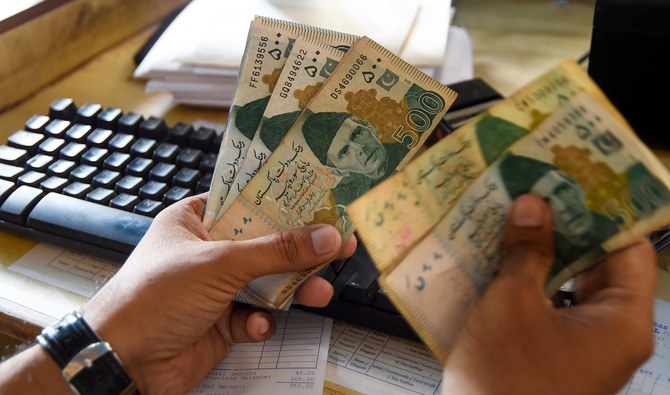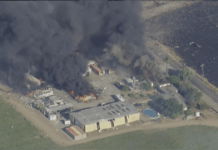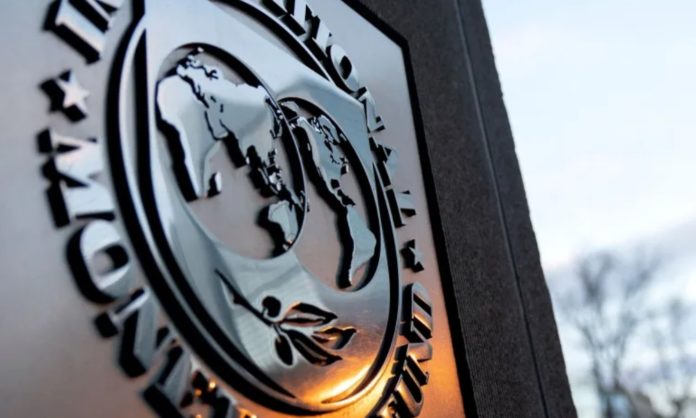The International Monetary Fund (IMF) and Pakistan have reached a staff-level agreement for the conclusion of the combined seventh and eighth reviews of the Extended Fund Facility (EFF). The people who closely monitor Pakistan’s economy such as the stock market and have skin in the game are rejoicing.
The resumption of the program is expected to bring stability to Pakistan’s struggling economy, at least on a short-term basis. It depends on Pakistan’s economic managers how they use this short-term ease to put Pakistan’s economy on track. But historically, they have always failed to come out of an IMF program triumphant such as Thailand and Vietnam did in the past.
Pakistan’s economy has been struggling and there are several reasons. People with money in Pakistan tend to invest in unproductive places such as real estate when they should have been investing in the industry.

Real estate is a lucrative avenue to invest in Pakistan and the government has so far been unable to strike the right balance.
Despite low production in the country, the country has an appetite to consume because many manage to earn big bucks from unproductive sectors such as real estate and then they want to spend to improve their lifestyle. For that they create demand for goods that are not produced in the country, and since there is a demand for legitimate goods, the economic books say there has to be a supply. The demand is then catered by imports.
Imports for a country are not bad. In fact trade between countries is good since some countries are good at producing certain things and other countries have another set of certain things they have competitive advantage in.
However, the problem comes when imports are significantly higher than exports – three times more in Pakistan’s case. Remittances come handy but still Pakistan has a high current account deficit, which has reached $15.2 billion in the first 11 months (July-May) of fiscal year 2022.
The current account deficit puts pressure on foreign exchange reserves, which depleted to below $10 billion presently and barely covers two months of imports.
The falling reserves puts Pakistan’s sovereign credibility into question whether it could honor agreements of foreign payments.
The resumption of the IMF program means that the foreign exchange reserves will come out of the uncomfortable level as resumption of the IMF program also opens doors for other creditors such as for friendly Gulf countries and Asian Development Bank. Some experts say resumption of the IMF program would see forex reserves jumping to above $15 billion, which would stabilize the economy.
However, when the IMF extends its loan facility, it wants the country to take certain actions that are expected to make the country a going concern – meaning it is living within its means and can pay back its loan.
It asks the government to remove subsidies such as from fertilizer, fuel and electricity that jacks up inflation. It wants the government to increase interest rates in order to curtail demand. All these actions reduce employment and make things expensive.
But the problem is not in the IMF program. It’s in the fundamentals of Pakistan’s economy. To survive, Pakistan must industrialize and increase both agricultural and manufacturing output to reduce imports and increase exports. Otherwise, the IMF program may provide a year or two of relief only and we will again be standing in a similar but a bit more precarious situation.
Stay tuned to Brandsynario for the latest news and updates.





































